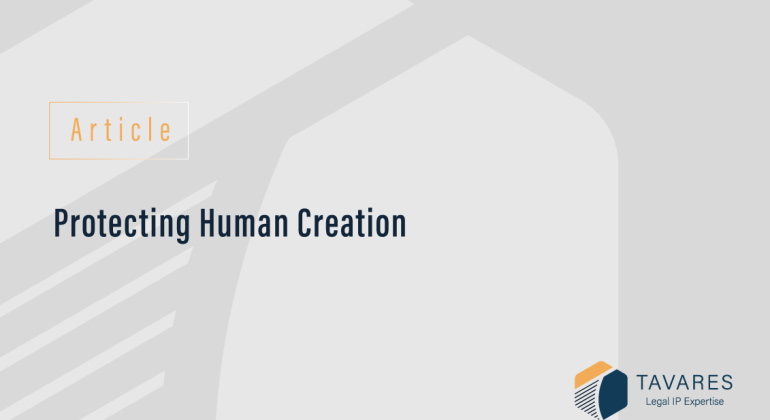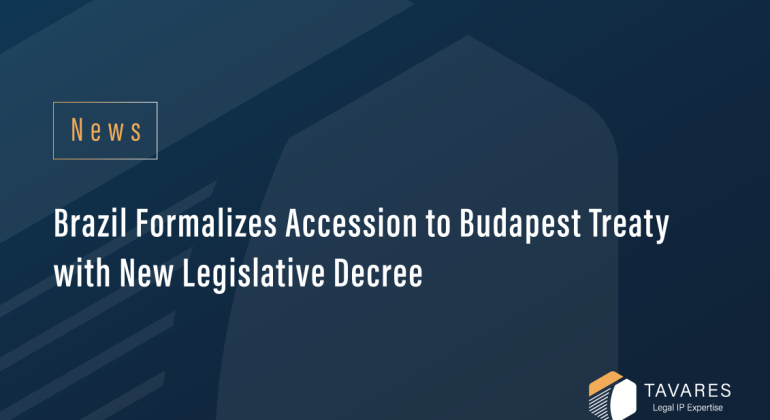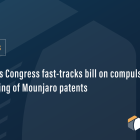Protecting Human Creation
Artificial Intelligence (AI) has revolutionized the way we create and consume content, presenting significant challenges for copyright law. With AI generating texts, music, and images, we need to address who the author is, what constitutes original work, and how to protect these works legally. It is urgent to adapt our laws to ensure that human creators are fairly compensated, that original works are adequately protected, and that AI is used ethically.
Copyright in the Digital World
Copyright has always existed to protect human creativity and foster culture. But AI raises new questions:
- What makes a work “original” if algorithms create it?
- Who is the author of something created by a machine?
- How do we protect the rights of those who provide data to these systems?
Current legislation, including the Brazilian Copyright Law (Law 9.610/98), still doesn’t have all the answers. Our law protects creations of the “human spirit,” which is a challenge with AI.
Fair Use and the Use of Copyrighted Works
A significant debate surrounds the use of copyrighted works to train artificial intelligence. Technology companies and copyright holders are at odds. AI often uses millions of unlicensed works, claiming “fair use.” But to what extent is this fair and legal?
The European Union is already taking action, demanding greater transparency in the use of copyrighted data. Brazil needs to follow suit.
Music and Royalties
AI is transforming the music industry, and this is affecting how artists are compensated on services like Spotify and Apple Music. Artists receive royalties based on the number of streams, and now AI-created music is competing for those streams.
The big question is: who owns the copyright and who receives the royalties for AI-created music? If an algorithm creates the music, who is the artist? The AI? The programmer? The company that developed it? Platforms are still adapting to find fair ways to compensate for “authorship,” combat fraud, and prevent unfair competition or the proliferation of low-quality music content.
Who Owns the Work Created by AI?
When an AI generates a song, text, or image, who owns the resulting work? There are four models under discussion:
- Anthropocentric: Only humans can be authors.
- Owner-Centric: The company that owns the AI owns the rights to it.
- Technocentric: AI is considered the author (not yet legally accepted).
- Hybrid: A combination of the rights of the programmer, the user, and perhaps the AI.
However, there seems to be a consensus that 100% AI-generated works cannot be protected. But we need to define clear limits for when human intervention is involved.
The consumer who unknowingly listens to a band that doesn’t exist in the real world, being led to believe it is a genuine human creation, deserves protection. The public needs to know that they will never attend a concert by these bands, nor take photos next to these imaginary singers. In these cases, the lack of transparency about the origin of the work can lead to misunderstanding, compromising the very perception of authorship and originality. Regulations must ensure clarity about AI’s participation in musical creation, allowing the public to make informed choices and protecting them from practices that devalue human artistic work.
The Future of Copyright with AI
AI is here to stay, and its relationship with copyright needs to be balanced. We need laws that protect human creators from the unauthorized use of their works (even as inspiration for AI).
I fear this could leverage and advance other art forms, such as the authorship of books, soap operas, series, and films in which the authors and actors are created solely by AI.
We need to create innovative regulations that ensure technology advances without devaluing human intellectual labor. Perhaps automated creativity can usher in a new era of collaboration between humans and machines, but this must be done with fairness and balance.








